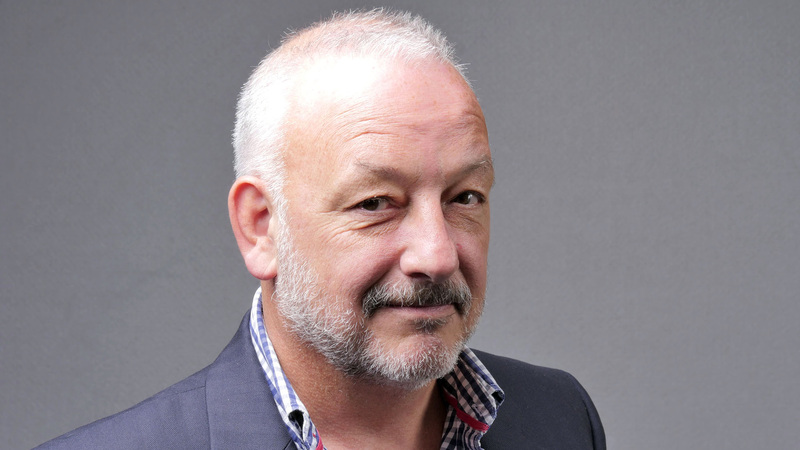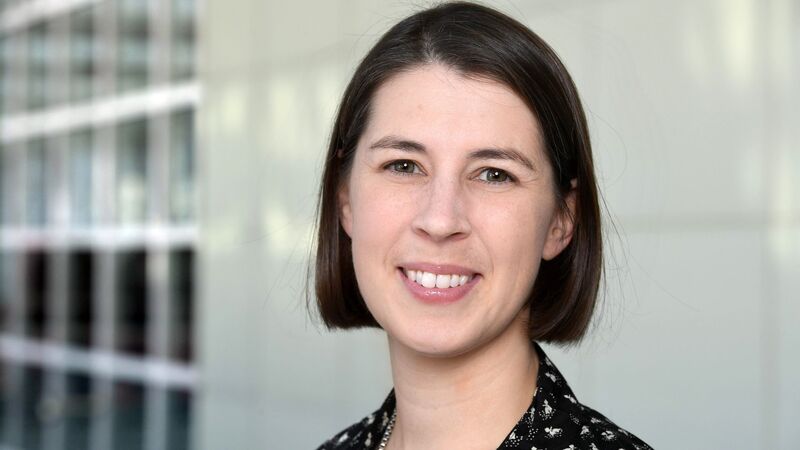You are viewing your 1 free article this month. Login to read more articles.
Haank: STM industry 'too slow' on content-sharing
The STM industry has “wasted” two years as a result of its reluctance to share research, according to Derk Haank, c.e.o. of Springer Nature.
During his keynote speech at the “Research & Scholarly Publishing Forum” yesterday (12th April), Haank said he was concerned about publishers’ progress on the “big issue” of sharing. He said: “It is too little too late. We have wasted at least one
or two years. The Springer initiative is nice and the Elsevier initiative is nice, but it only works if we have an industry-wide initiative.”
His comments refer to both publishers’ recent trials, which enabled researchers to freely share peer-reviewed content among themselves, media entities and the public. While conceding that sharing could result in only “one customer, and the rest of the world shares [the Haank product]”, Haank said it would be a “very good development” if it led to more users, which would grant STM firms “a licence to operate”.
Haank warned that if the industry didn’t “get our act together” in a “legitimate foolproof manner”, consumers would source the content they sought illegally. He also defended publishers on the thorny issue of “double-dipping”— the practice of publishers of hybrid Open Access (OA) journals being paid twice for content—once by subscribers and once by its author—and criticised institutions that had a “vendetta” against hybrid journals and encouraged academics to use pure OA models.
He said: “It doesn’t make sense, because you are excluding a whole set of journals that may be better suited to publishing that article, and you are limiting choice. In whose interest is that? It is only because people have this idea that hybrid journals are ‘double-dipping’ for publishers—that is just not true.”
Haank said publishers were guilty of not making pricing options clearer and said they should strive to accommodate customers who wanted to move to pure OA. “It depends on the individual...but the principle is that we, as publishers, can’t hang on to all the subscription revenue we used to and then take OA as something extra. That’s also not fair.”

















